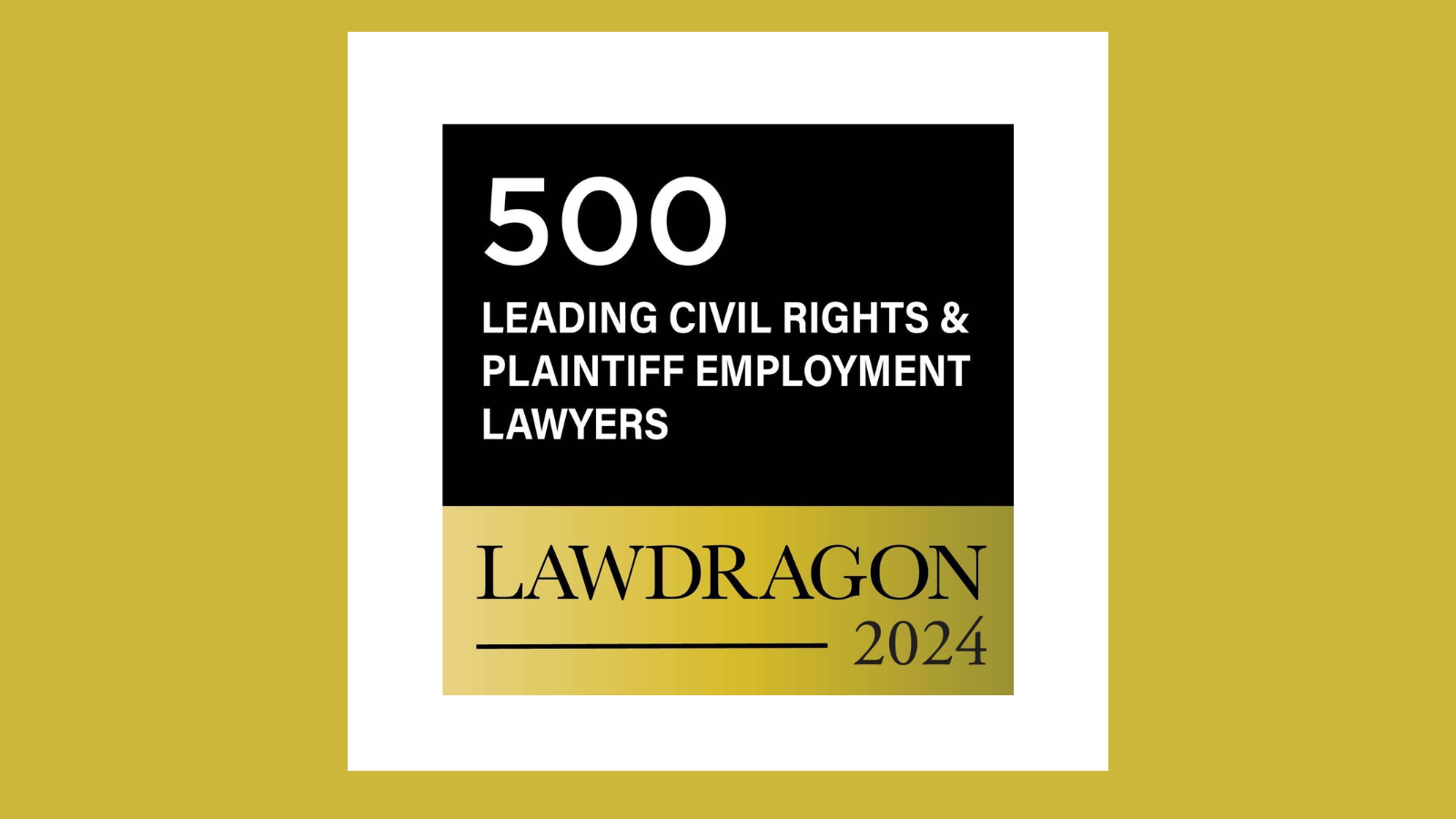Consensus, at what Price? – Verfassungsblog – Cyber Tech
After 4 purposes for provisional measures, three units of formal orders and two rounds of oral hearings, on Friday evening, the Worldwide Court docket of Justice in South Africa v. Israel delivered a long-awaited Order. In paragraph 2(a) of the operative clause, the Court docket declares that Israel shall:
Instantly halt its navy offensive, and every other motion within the Rafah Governorate, which can inflict on the Palestinian group in Gaza situations of life that might result in its bodily destruction in complete or partially;
This order was handed with 13 votes in favour and a couple of in opposition to, an apparently sturdy majority. Information shops ran headlines shortly afterwards declaring that the Court docket had ordered Israel to “instantly halt its navy assault on the southern Gaza metropolis of Rafah”. The scenario in Gaza is “catastrophic”, because the Court docket factors out. Certainly this can be a landmark second, one that may save lives on the bottom. So why as a substitute is everybody arguing a few comma, and why does it even matter?
Let’s Eat, Grandma or Let’s Eat Grandma: Punctuation Issues
There are a number of interpretations of this a part of the Order doing the rounds, predominantly based mostly on the location of the commas and using the phrase “might”. Stefan Talmon contends that the sentence construction implies that “Israel was not ordered to halt all navy operations however solely navy operations that will violate its obligations underneath the Genocide Conference”. Adil Haque, acknowledging the Order is “considerably ambiguous”, means that in sensible phrases it means the navy offensive in Rafah “should instantly halt”. Heidi Matthews observes that the Court docket has ordered Israel to “instantly finish all navy actions in Rafah” and in doing so “has successfully held that the humanitarian catastrophe is such that it isn’t potential to conduct an offensive in a fashion according to worldwide humanitarian legislation”. Kevin Jon Heller and Mike Becker, amongst others, additionally argue that the Court docket’s order must be learn in gentle of the Court docket’s factual findings (at paragraphs 45-47 specifically) that the offensive dangers creating situations of life which may result in bodily destruction of the Palestinian folks, and subsequently the ‘situation’ that follows the second comma is already met.
Much more intriguing, Judges have indicated in separate opinions that there could also be completely different opinions in regards to the interpretation of this clause between members of the Court docket. Choose Nolte, though within the majority, considers that the Court docket has ordered Israel to “restrict the present navy offensive in Rafah so far as it may endanger the rights of the Palestinian folks underneath the Genocide Conference, notably their entry to fundamental humanitarian wants”. Choose Aurescu makes the commentary that:
I take into account that the second provisional measure indicated … is by some means unclear as as to whether the final a part of it (beginning with “which can inflict”) solely refers to “every other motion” (which isn’t outlined) or to each halting the Israeli navy offensive and “every other motion”. In my opinion, this measure must be interpreted that it signifies as nicely the halt of the Israeli navy offensive to the extent that it “might inflict on the Palestinian group in Gaza situations of life that might result in its bodily destruction in complete or partially”.
Choose Sebutinde, within the minority, contends that the related paragraph “might be erroneously misunderstood as mandating a unilateral ceasefire in a part of Gaza”. However then Choose Tladi tells us that the Court docket has “in express phrases, ordered the State of Israel to halt its offensive in Rafah.”
This weblog submit will not be going to supply yet one more interpretation of the already notorious clause. As an alternative, it asks why and the way the Court docket, confronted with such a excessive profile and necessary determination, may find yourself delivering an Order which has left lecturers, journalists, legal professionals and even the Judges themselves arguing over what it means.
Consensus versus Readability: How the Court docket Decides
We should start with a disclaimer: the creator has no secret perception into what has gone on behind the scenes on the Peace Palace in The Hague. But when we mirror on the Court docket’s strategies of determination making, it seems that on this occasion the Court docket might have been pushed by a want to persuade as many Judges as potential to vote in favour of the Order, at the price of issuing a clearer and extra simple directive. Fairly presumably, the Court docket has intentionally adopted a phrasing which may be interpreted a couple of method in an effort to get the choice throughout the road.
The Court docket’s official determination making process is about out within the Decision Regarding the Inner Judicial Follow of the Court docket, most just lately up to date in 2023. The Court docket reaches a choice by means of a means of methodical joint deliberation. In bizarre proceedings, a deliberation is held at which the President outlines the problems that may require dialogue and determination by the Court docket. Judges might touch upon the pertinence of any points or questions arising within the case and supply their views thereon. Judges then put together their particular person notes which set out their views on the questions which the Court docket ought to reply and a tentative conclusion as to the proper disposal of the case. In provisional measures instances the method is organised barely in another way attributable to time constraints, but it surely nonetheless creates alternatives for dialogue and compromise, that are described by Tommaso Soave (On a regular basis Makers, p.281) as follows:
“A debate then ensues the place the members of the Court docket search to influence one another of the deserves of their opinions, resist countervailing arguments, make and unmake alliances to ship their factors throughout.”
The Registry workers may additionally be concerned; getting ready an announcement of the details or checking the draft orders for ambiguities (for a vibrant autobiography of Hugh Thirlway’s actions on this respect throughout his tenure as Principal Authorized Secretary, see right here). Certainly, Thirlway admits that there have been occasions throughout pressing provisional measures hearings that he offered the Judges tasked with drafting “a whole draft Order, ready on the idea of the oral deliberation”. Ordinarily, the draft textual content goes by means of a primary and second studying, with amendments to the textual content capable of be proposed by the Judges (though once more, for provisional measures this may be truncated). Lastly, a proper vote is taken, in inverse order of seniority.
What does this process divulge to us? First, that the Judges are, from the outset, conscious of the views of their fellow members of the Court docket. Whereas the existence of any majority stays fluid till the ultimate vote is rendered, it could solely emerge as soon as Judges are content material with the formulation of the textual content. To place it in clear phrases, it’s completely potential that sure Judges wanted to be talked into agreeing with a ceasefire order, and the ambiguous paragraph at subject was the model everybody may agree upon.
This isn’t to suggest any Judges had been holding out for illegitimate causes. The Court docket’s jurisdiction on this case is restricted to the appliance of the Genocide Conference. There might nicely have been considerations {that a} ceasefire order wanted to be linked intently to the Court docket’s jurisdiction to keep away from overreach. Extra cynically, one may counsel that an ambiguous formulation leaves room for believable deniability on the deserves stage – but it surely’s not clear during which path. Israel can argue that it has complied with the Order if it continues navy operations in a method which doesn’t inflict on the Palestinian group in Gaza situations of life that might result in its bodily destruction in complete or partially. However equally, South Africa can argue that Israel has didn’t adjust to the Order if it continues its navy operation in Rafah in any respect, particularly in view of the explanations on which the Court docket based mostly its willpower within the Order that the brand new circumstances in Rafah demonstrated an pressing and severe threat or irreparable hurt to the rights at subject within the case. Is the Court docket merely kicking the can down the highway, ready to resolve this query on the deserves stage?
It’s, to be frank, most unsatisfactory. Whereas the Court docket is understood for its “Solomonic” choices, which attempt to give every social gathering just a little of what they requested for at occasions to nobody’s satisfaction, this isn’t a maritime boundary delimitation the place equidistance may be imposed in pursuit of impartiality. This Order is a requirement, of Israel, to take sure concrete steps. It’s unfair to Israel to be unclear in what is anticipated of it, and it’s probably ruinous for the folks of Rafah ought to interpretation A be utilized when interpretation B was supposed.
As David Luban argues (in Tasioulas & Besson, The Philosophy of Worldwide Regulation, p.579), worldwide courts “bootstrap themselves into legitimacy by the standard of justice they ship”. The Court docket is certainly “solely a courtroom”, as Choose Tladi states, however that can be precisely what it’s. And the position of a Court docket is to make choices, typically very arduous ones. It can’t cut up the infant. Consensus is usually a helpful factor, however a Court docket doesn’t want consensus as a lot because it wants readability. Higher a transparent and unambiguous Order, with fewer votes in favour. At the very least then, there could be no query as to what the events are supposed to do. As of Might 25, the day after the choice, Israel continues to bomb Rafah. However we won’t be sure that that is in defiance of the Court docket for a while to come back. And all due to a comma.



